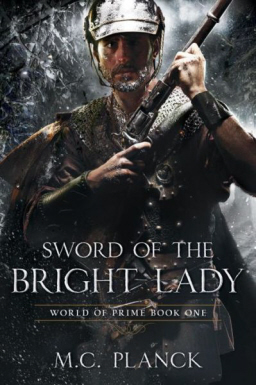True North
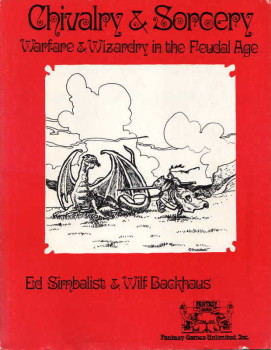 The hobby of tabletop roleplaying games was born in the American Midwest, but very quickly spread beyond the wargames clubs of Wisconsin and Minnesota. Forty years after the publication of Dungeons & Dragons, RPGs are played and enjoyed throughout the world. Many countries outside the United States can rightly boast of their own roleplaying games and designers, some of which, such as Britain’s Warhammer games, have arguably proved as influential as D&D. Since today is Canada Day, I thought it fitting to post a short tribute to two Canadian roleplaying game designers whose work, while perhaps not as widely known as that of Arneson and Gygax, is nevertheless worthy of note, particularly by those of us who have come to appreciate and indeed prefer what has come to be called “old school” gaming.
The hobby of tabletop roleplaying games was born in the American Midwest, but very quickly spread beyond the wargames clubs of Wisconsin and Minnesota. Forty years after the publication of Dungeons & Dragons, RPGs are played and enjoyed throughout the world. Many countries outside the United States can rightly boast of their own roleplaying games and designers, some of which, such as Britain’s Warhammer games, have arguably proved as influential as D&D. Since today is Canada Day, I thought it fitting to post a short tribute to two Canadian roleplaying game designers whose work, while perhaps not as widely known as that of Arneson and Gygax, is nevertheless worthy of note, particularly by those of us who have come to appreciate and indeed prefer what has come to be called “old school” gaming.
As everyone interested in such things knows by now, Dungeons & Dragons first appeared in 1974. The originality of its concept inspired others to create similar games of their own, the first being Ken St. Andre’s Tunnels & Trolls, published in 1975. Many more followed, including Chivalry & Sorcery, written by two wargamers at the University of Alberta, Edward E. Simbalist and Wilfried K. Backhaus. C&S was published by Fantasy Games Unlimited in 1977 and owes its existence to some questions Simbalist and Backhaus asked after playing D&D, as they explain at the start of the rulebook:
Chivalry & Sorcery began innocently enough with a discussion about the vacuum that our characters seemed to be living in between dungeon and wilderness campaigns. In the Fantasy Wargames Society of the University of Alberta a degree of dissatisfaction emerged over the limited goals that were available to our characters. The solution was to develop an all-encompassing campaign game in which dungeon and wilderness adventures were just a small part of the action.
Initially called Chevalier, Simbalist admitted in an interview that Chivalry & Sorcery was “a D&D clone in some respects.” The pair even intended to pitch the game to TSR for publication, but chose instead to work with FGU. Chevalier “contain[ed] all of the seeds that would soon spring forth as Chivalry & Sorcery,” which Simbalist believed was “a dramatic departure from the slash and hack approach to RPG that existed in those early days.”
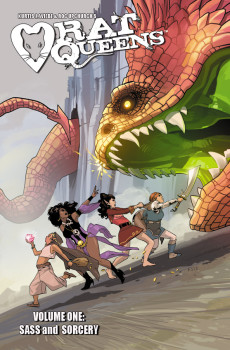
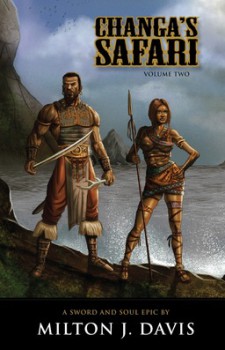

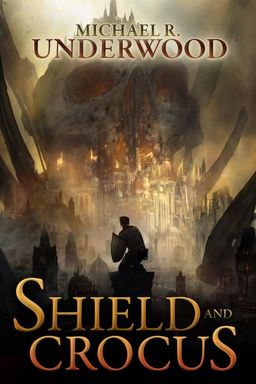
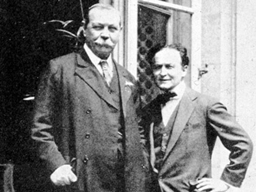
 Lately in this space I seem to be writing a lot,
Lately in this space I seem to be writing a lot, 